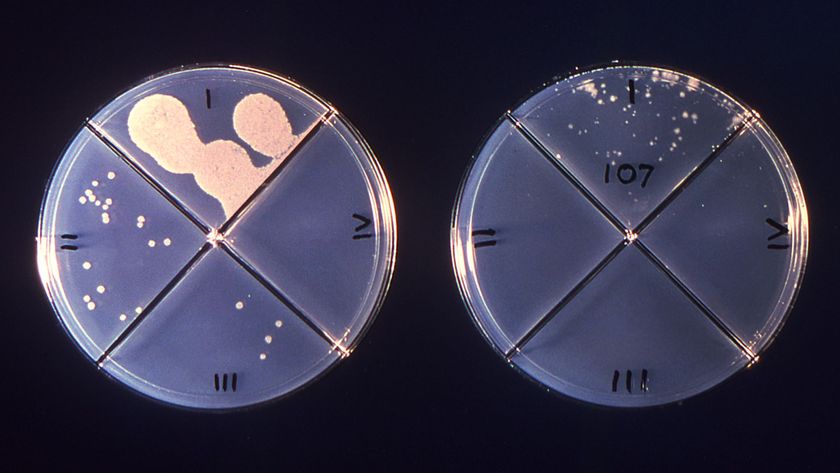Kids' Responses to Infections Linked with Depression Risk

Kids with immune systems that react strongly to infections could have a higher risk of depression, a new study suggests.
Researchers studied a group of healthy children over nine years and found that those whose immune systems reacted more forcefully in response to infection were more likely to develop depression and psychosis, compared with those with immune systems that were less reactive.
The findings show that because exercise and a healthy diet help the immune system to function properly, they could help in preventing both physical and mental illness, the researchers said.
"We're showing that how our immune system responds — how it works — and whether it's slightly more keyed up than other people's, clearly has implications for our risk for depression and psychosis," said Golam Khandaker, a neuroscientist at the University of Cambridge in England and lead author of the new study.
One immune system response, high inflammation, has previously been linked to physical maladies like heart disease and diabetes, but the new findings could explain why patients with heart disease and diabetes also face a greater risk of depression, Khandaker told Live Science. High inflammation acts as the common mechanism, he said. [11 Surprising Facts About the Immune System]
The researchers looked at blood samples from 4,500 healthy kids when they were 9 years old, and divided them into three groups — high, medium and low inflammation — based on the levels of two proteins in the blood that are markers of inflammation.
When the children turned 18, the researchers examined their mental health and found that those who were in the high-inflammation group were more likely to have developed depression or symptoms of psychosis when compared with those who were in the low-inflammation group.
Sign up for the Live Science daily newsletter now
Get the world’s most fascinating discoveries delivered straight to your inbox.
In explaining the link, Khandaker compared the immune system to a thermostat. Though all the children in the study were healthy, some of their "thermostats" or immune systems were set at a slightly higher level, meaning that their systems would react more strongly than those of other children to infections and stressors.
The study supports an established body of research that shows that people and animals with symptoms of depression or schizophrenia have higher levels of inflammatory markers. But the new study is the first to look at the immune system before depression has developed, and suggests that the surge in inflammation that comes in response to an infection could affect mental health, said Georgia Hodes, a neuroscientist at the Icahn School of Medicine at Mount Sinai in New York.
Hodes previously conducted a study that found the inflammatory marker IL-6 — which was one of the proteins the researchers looked at in the new study — was found at higher levels in mice with depression.
But besides proteins found in the blood, there are also more obvious signs of increased inflammation. Those signs may include obesity, asthma and allergies, said Dr. Andrew Miller, a psychiatrist at Emory University.
And Judy Van der Water, an immunologist at the University of California, Davis, said that kids who get fevers more often and for longer periods of time may also have higher levels of inflammation.
Future research could lead to an inflammatory signature that signals a higher risk of mental illness — a group of biomarkers or red flags in a child's blood that, combined with a history of mental illness, could indicate the risk for depression, Khandaker said.
But in the meantime, he said, "People who exercise have lower levels of inflammatory markers on a daily basis." People who exercise also lower their risk for heart disease and diabetes, he added.
Follow Jillian Rose Lim @jillroselim & Google+. Follow us @livescience, Facebook & Google+. Original article on Live Science.












